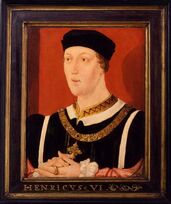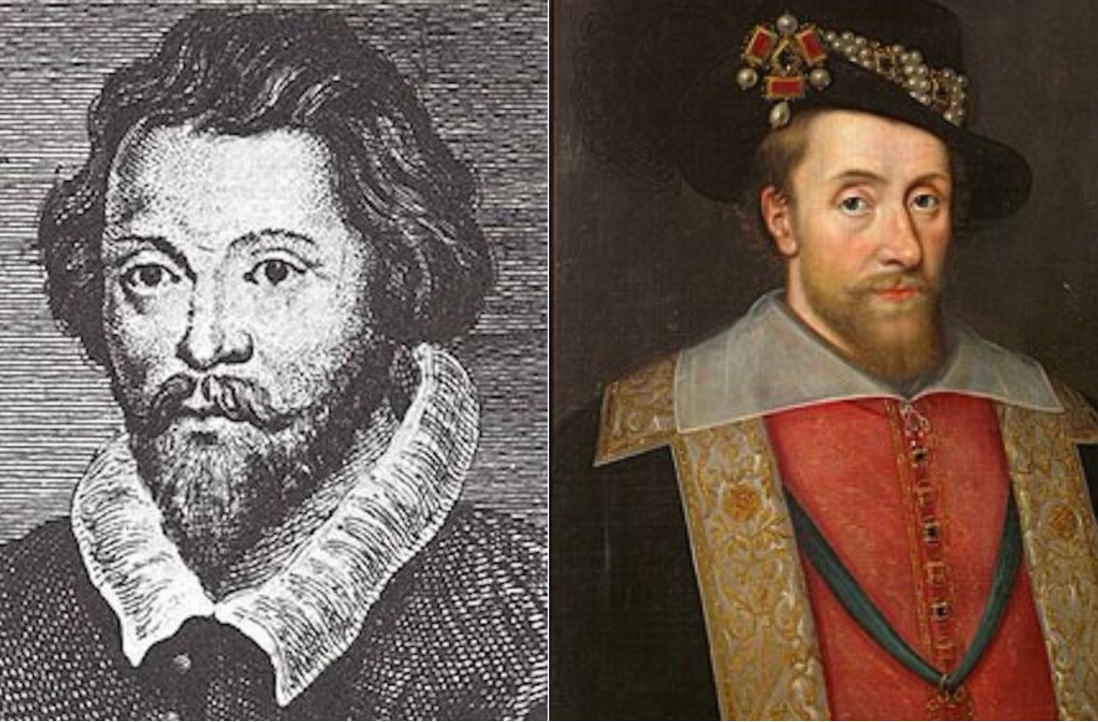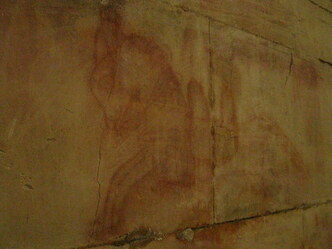It all began in 1441......in the founding charter of 'The King's College of Our Lady and St. Nicholas', wherein King Henry VI mandated a choir to be formed of 16 "poor and needy" choristers, and six "singing men". The King's Men, in all its iterations, is as established as the choir itself.
Belonging to an institution steeped in tradition, Henry Ley's A Prayer of King Henry VI, commonly known as the 'Founder's Prayer', is regularly sung in King's College, Cambridge, both by the full choir and the men alone. |
Early History (1441-1649)The full choir was installed and singing daily office as early as 1449, albeit in a temporary chapel until 1536. The men played a fundamental role in the musical development of the choir in the 1480s, singing complex polyphony in the style of the Eton Choirbook, as introduced by Provost Walter Field (1479-1499).
Although Henry VI never saw his educational-liturgical plan realised, the College welcomed Henry VII, Henry VIII, and Elizabeth I throughout the 16th century. During this time King's quickly gained a reputation as a centre for musical excellence. Notable alumni include Christopher Tye, who was a lay clerk at King's from 1537-43, and Orlando Gibbons, who was a chorister at King's before eventually becoming Organist of Westminster Abbey. |
King's in the Interregnum (1649-1660)During the rule of Oliver Cromwell, choral services at King's were reduced. Departing choristers were not replaced during this time, but the "Singing Men" were still retained by the College. It is likely that they sang secular songs and anthems for ceremonies and events until the restoration of the monarchy in 1660.
|
The Singing Men of King's College, Cambridge (1660-1918)One highlight of the nineteenth century was the choristership of William Sterndale Bennett. The son of one of the lay clerks, he entered the Choir in 1824, at the age of eight. Two years later, he went to the Royal Academy of Music in London and, when he was 17, he met the composer, Felix Mendelssohn, who invited him to Germany, where he later pronounced him 'the most promising young musician I know’. A prolific composer, Bennett was later Professor of Music at Cambridge from 1856-66 and Principal of the Royal Academy of Music from 1866 to his death in 1875.
In 1876, the decision was made for the lower voices of the choir to consist of undergraduate students rather than salaried lay clerks. Choral scholarships were introduced, and lay clerks were phased out. However, this was a slow process, and the last lay clerk of the era leaving in 1928. |
Nine Lessons and Beyond (1918-1980s) |
From Collegium Regale to The King's Men
|
Former King's Men |




